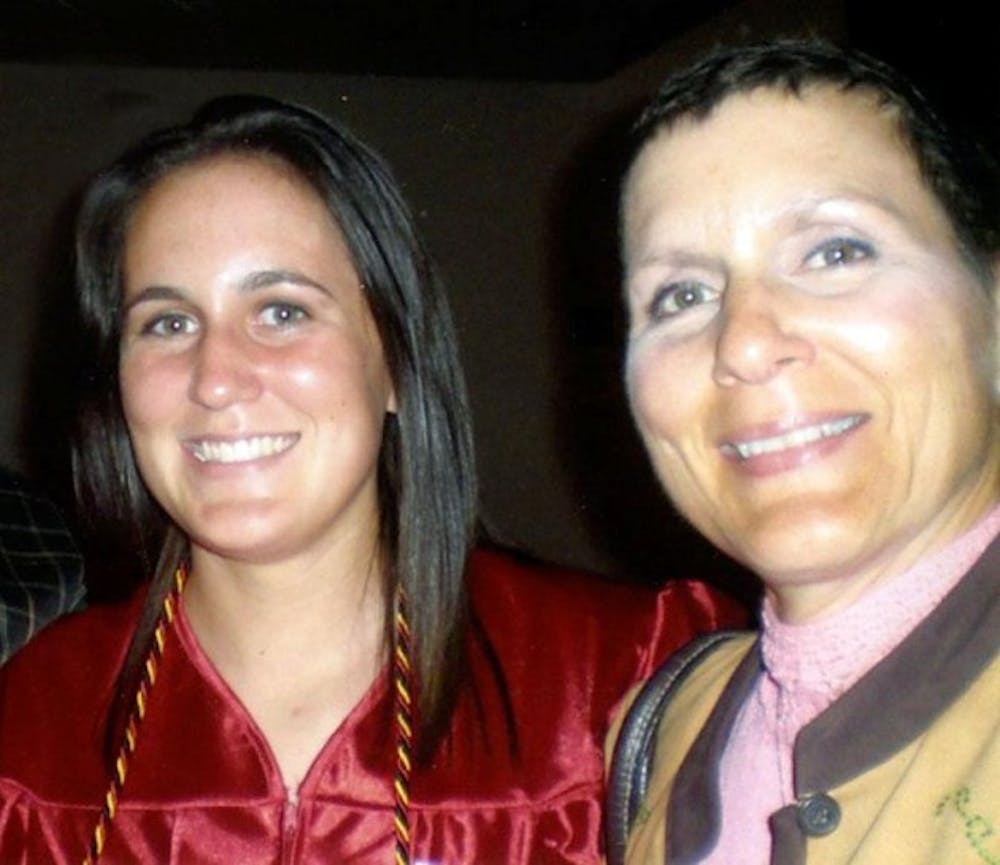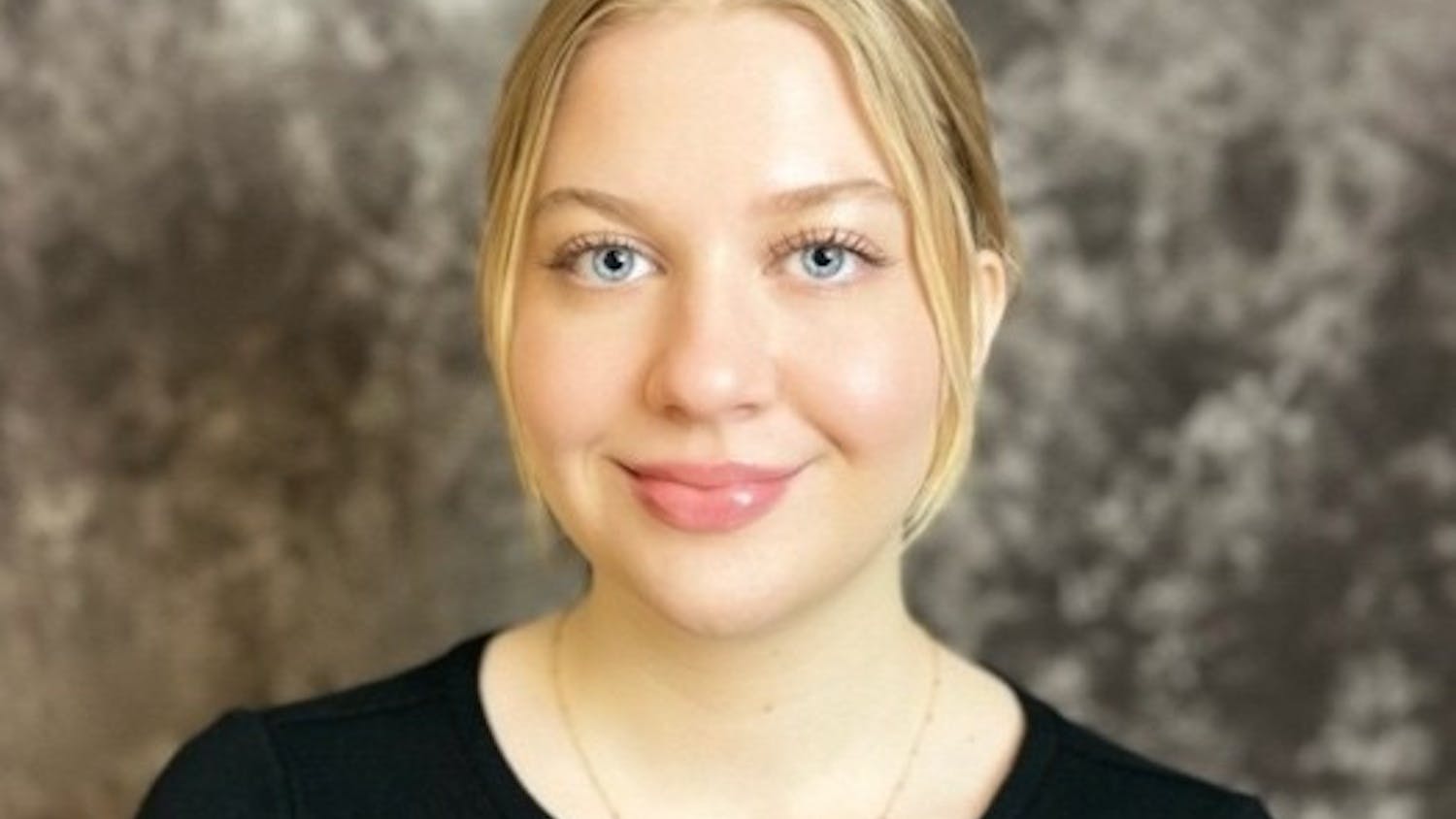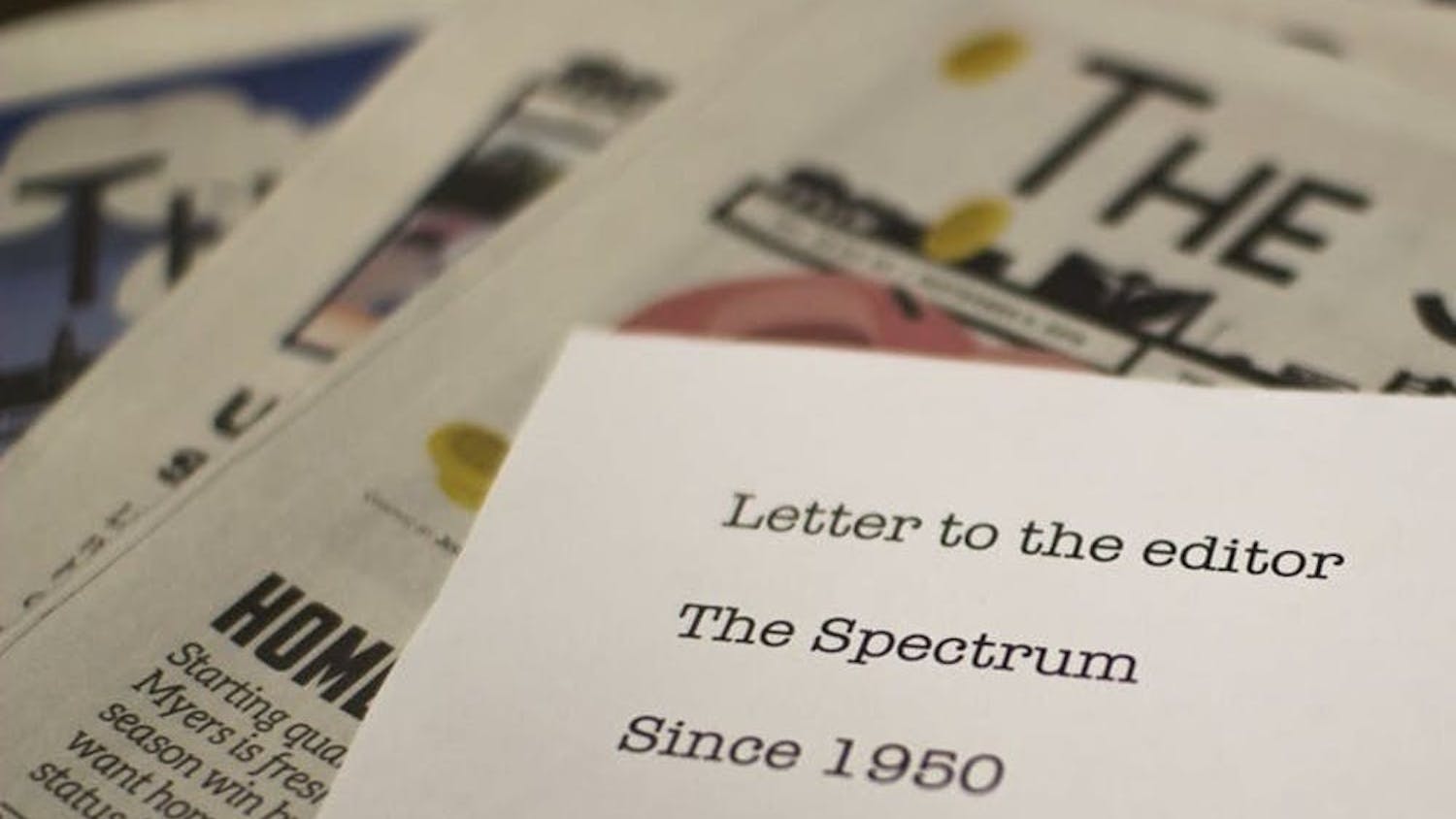The biggest relief of my life was the moment I walked across the stage during my high school graduation and received my diploma - the moment I always pictured being the end of one chapter and the beginning of adulthood.
While I made my way across the stage, I basked in the bright fluorescent lights, unable to see the faces of the thousands of people who came to watch the graduates. But all that mattered was my mother. She was there, watching proudly as I accepted my diploma.
Seven months earlier, I made her promise she would be in that crowd.
Seven months earlier, my mother told me she had breast cancer.
I always pictured my life in snapshots: milestone birthdays, graduations, my wedding, the birth of my children. When my mother looked at me with tears in her eyes and told me she didn't know if she would beat the cancer was when life as I knew it was over.
While in her 30s, my mom had gone for a routine checkup with her gynecologist. He noticed a small lump in her breast. He said it was more than likely just a cyst, but he still urged her to go for a yearly mammogram to monitor the lump for any changes. By the fall of 2010, what started out as a harmless cyst was now a growing tumor.
I was in my senior year of high school and had just applied to colleges around New York State, excited by the thought of possibly moving away from Buffalo. The first thing my mom said after breaking the news was that I shouldn't base where I went to college on the fact that she was sick. She insisted on making sure I went to school where I wanted. She didn't know what the future held. Even at a time when she should have been worrying about herself, my mom focused on making my life normal. That night, we didn't know what else to do but hold each other and cry.
The rock in my life, the woman who comforted me when I was upset or hurt, was now the one who needed support. The one who had dried my tears for so long would need me to hold her hand and wipe her eyes.
A week later, my mom went into surgery; her doctors tried to remove as much of the cancer as they could. The doctor said my mom would need chemotherapy and radiation to treat the cancer they couldn't reach. When she was lying in her hospital bed, I felt completely helpless while she tried to stay positive and upbeat. The person who loved being outside riding horses, camping or working with her hands now was in a bed unable to lift her arms above her head.
Seeing her putting on a brave face, without knowing what the coming months had in store, was the worst feeling I've ever experienced. She was still trying to be the rock of the family, while I could tell that inside she really had no idea what the future held.
The day after Christmas that year, about a month after her surgery, my mother started her first round of chemotherapy treatment. The effects showed quickly. She was sleepy and lethargic, and her hair started to fall out. When she thought no one could hear, I heard her cry alone. One night, when clumps of her brown hair fell into the drain, I listened as she tried to wash her tender scalp. Her sobs were only slightly muffled by the sound of flowing water.
I became a different person after that moment.
I was hurting emotionally more than I had ever imagined and yet, somehow, couldn't bring myself to tell anyone. I felt guilty for feeling sorry for myself and my family. I wasn't sick, so feeling the pain and sadness felt wrong. I thought I should be grateful for my health. I became an expert at hiding the pain. I smiled politely when people asked me how I was doing through all the treatments, quick to blurt out: "I'm just fine, thanks." Each time, I was holding back tears.
I watched as my mom continued her treatment over the next several months going from chemotherapy to radiation. After seven months, she received a good prognosis and her treatment would be over soon.
Still, I was hurt. I was angry. Why did this happen to my family? My mom ended up losing almost all of her hair. She had a large scar next to her sternum and a burn mark from radiation on her chest that couldn't be soothed. The scar and the burn mark still affect her and what clothing she can wear. She couldn't run without her scar hurting. It didn't feel fair that she had to go through this.
My mom told me, from now on, I would have to be careful - cancer could strike my sister or me later in our lives.
But I came to realize this experience was a wake-up call. I needed to learn my facts about my health so I can know what to look for if anything changes with my body.
According to the Center for Disease Control and Prevention, breast cancer is the most common cancer among women in the United States. It's also one of the leading causes of cancer death among women of all races.
My mother's experience led me to look at ways to reduce my risk for breast cancer, such as limiting alcohol consumption, being physically active and watching my weight.
There is no better way of keeping up with your health than going to the doctor regularly and, in my case, making sure I'm well prepared with early mammograms and prevention. A gynecologist can cover all things concerning women's health, from pap tests to sexually transmitted infections to breast lumps.
While my mother grew stronger every day after she went into remission, I found the experience opened my eyes. I learned the hard way that everything you know can change in an instant. Thanks to my experience, I make sure that each year I go to my doctor for a checkup and keep up to date with any changes in my family's health history.
I encourage all men and women to find out the facts - to learn their family health history, to keep up to date with changes in their health and to keep a healthy lifestyle. My awareness has changed the way I look at medicine. It is no longer a hassle to go to my doctor. I make sure that my health is up to date.
Thanks to my mother's doctors, she was able to see me graduate. I'm proud to say she has been cancer free for over a year. And that's something I think is worth celebrating. So learn your facts, know your stats and know the risks, so you can be there for your future children's graduation.
Email: lisa.epstein@ubspectrum.com





